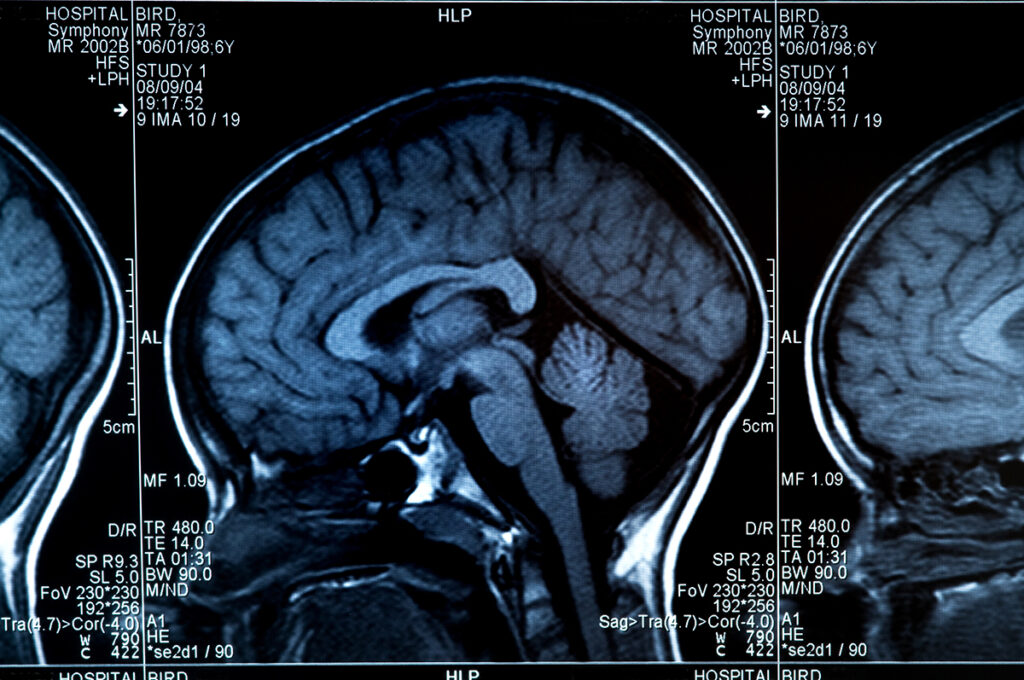
Air pollution, a well-known adversary to respiratory health, has long been associated with a range of ailments such as heart disease, lung cancer, and emphysema. Now, a recent study from the Harvard Chan School of Public Health has added another troubling dimension to the list of potential health risks linked to air pollution: an increased risk of dementia and Alzheimer’s disease.
The study, which meticulously analyzed 14 previous research efforts, revealed a consistent association between chronic exposure to air rich in “fine particulate matter” and the development of dementia and Alzheimer’s. Even more concerning, this elevated risk was observed in individuals exposed to air pollution levels below the existing Environmental Protection Agency (EPA) standard.

Understanding Particulate Air Pollution:
Particulate air pollution comprises a mix of microscopic elements, including dirt, dust, soot, and smoke. Generated by sources such as vehicles, coal fires, factories, and construction sites, these fine particles pose a significant threat to health. According to the Centers for Disease Control (CDC), inhaling particle pollution, especially the minuscule particles, can infiltrate the deep recesses of the lungs or even enter the bloodstream.

Professor Marc Weisskopf, one of the study’s authors, highlighted the ubiquitous nature of this risk: “Everybody has to breathe, so everybody is exposed to this.” He emphasized that the cumulative impact on the population could be substantial given the massive number of people exposed to air pollution.
The Urgent Need for Regulatory Action:
The current EPA standard dictates that fine particle pollution should not exceed 12 micrograms per cubic meter of air. However, recent proposals aim to enhance air quality further by lowering this limit to 10 micrograms per cubic meter. Despite the slight reduction, the associated health risks persist, prompting Professor Weisskopf to stress the importance of stringent regulations.

“While scientists explore innovative methods to cleanse our air amid ongoing corporate pollution, the most immediate and effective solution likely lies in more rigorous regulations governing permissible air pollution levels,” Professor Weisskopf asserted. He underscored the urgent need for regulators to intervene and shield the populace from the multifaceted risks tied to deteriorating air quality.
The study’s findings underscore the critical importance of addressing air pollution at its root, as failure to do so could have severe consequences, particularly in the realm of cognitive health. As society grapples with the adverse effects of air pollution, stringent regulations emerge as a pivotal strategy to mitigate these risks and safeguard public health.

Leave a Reply